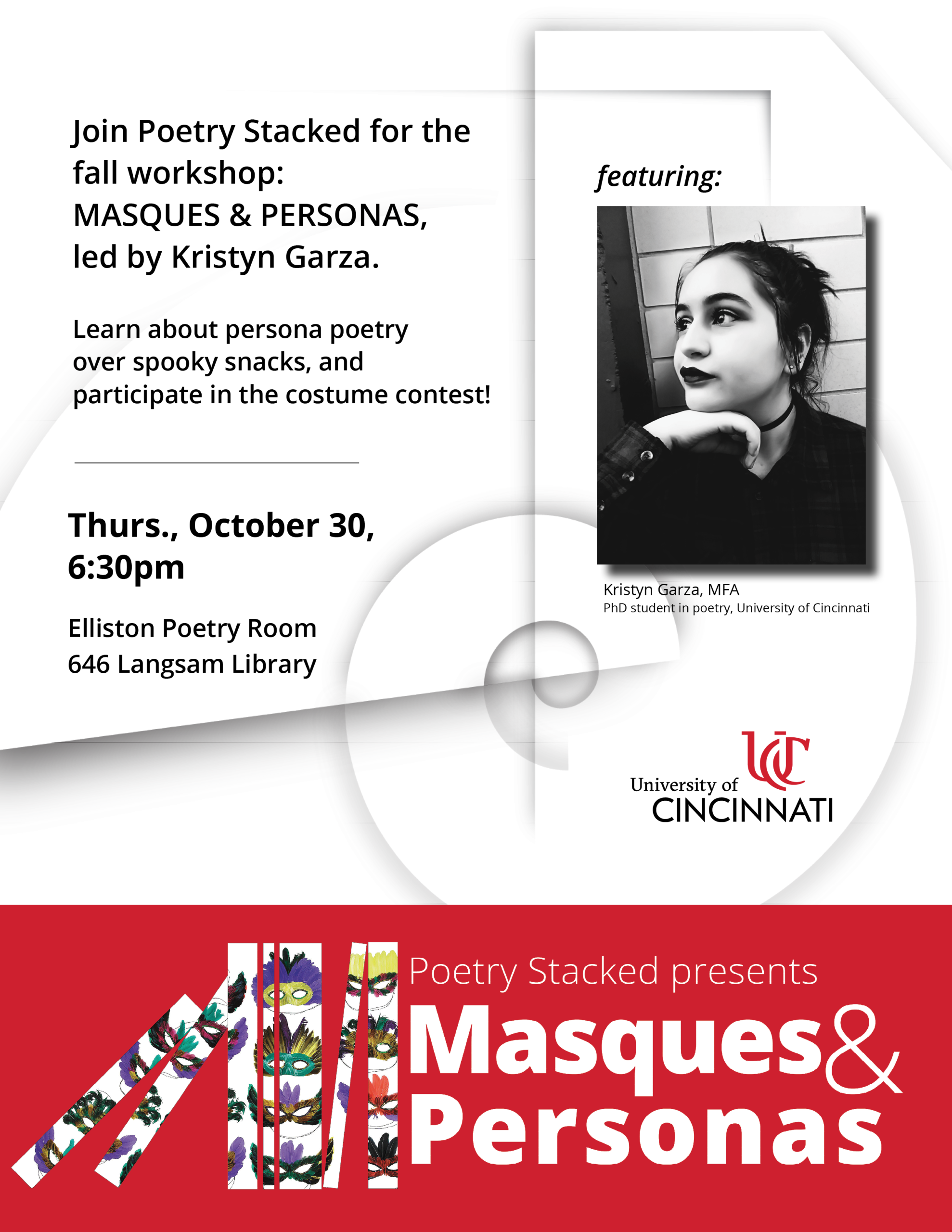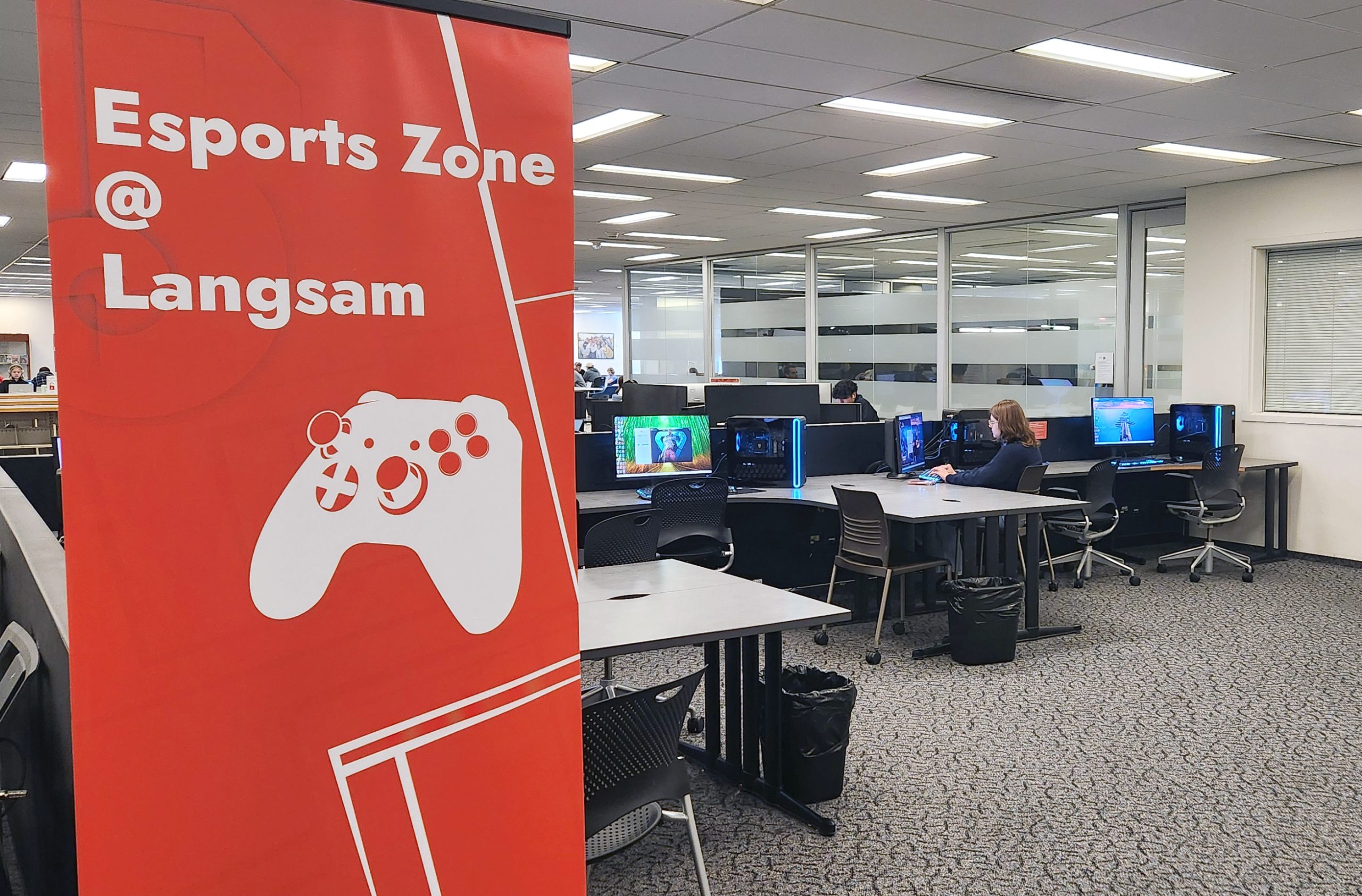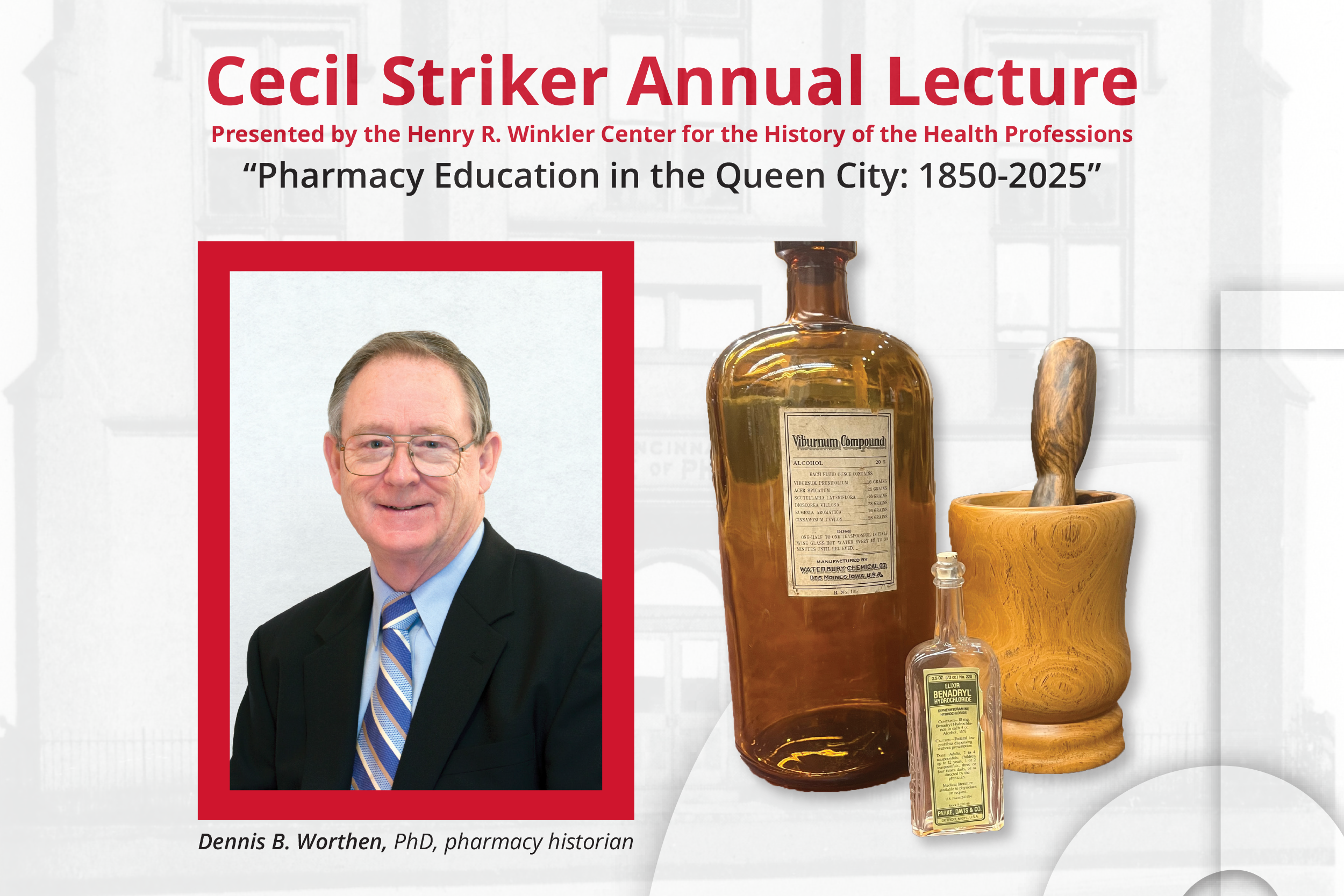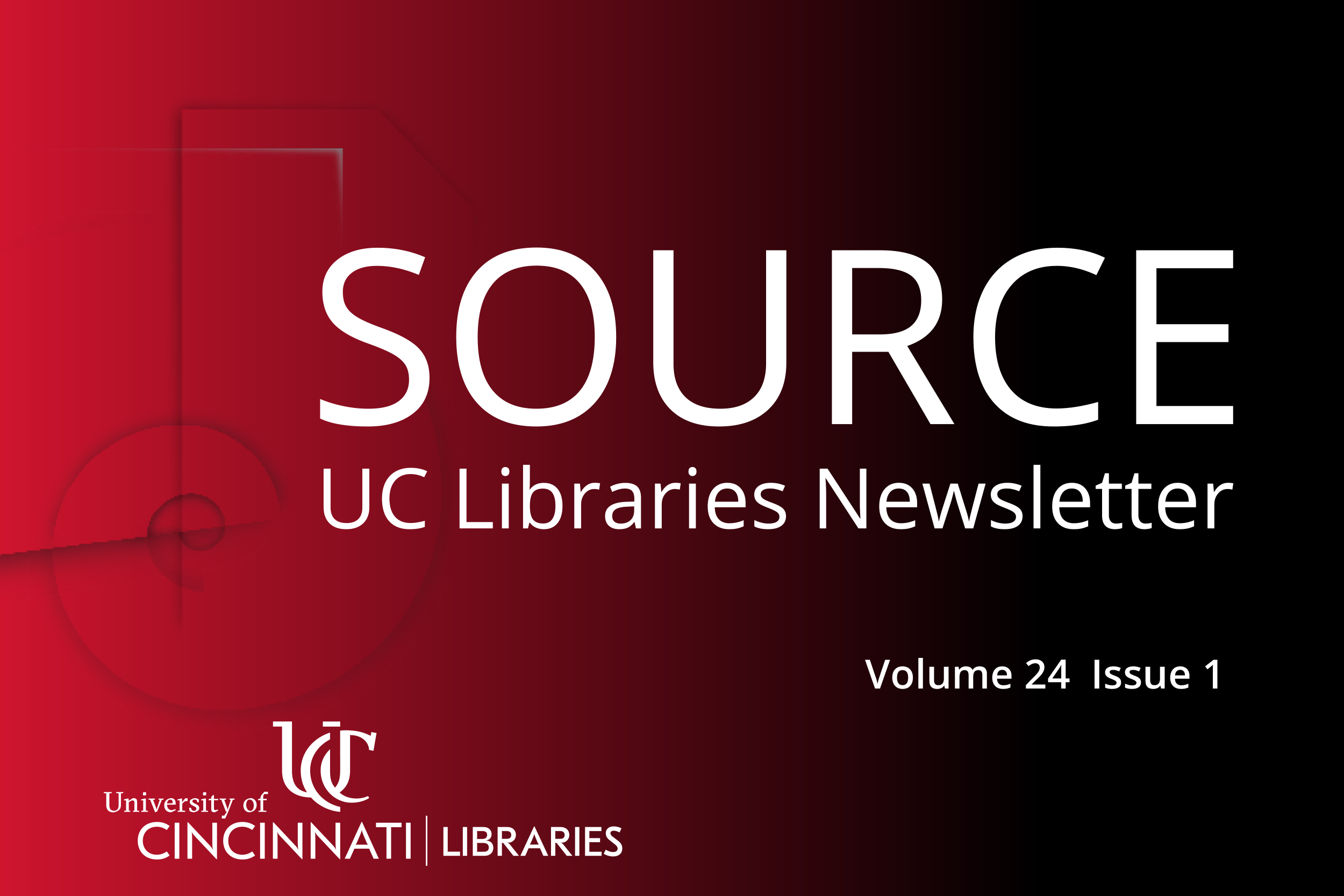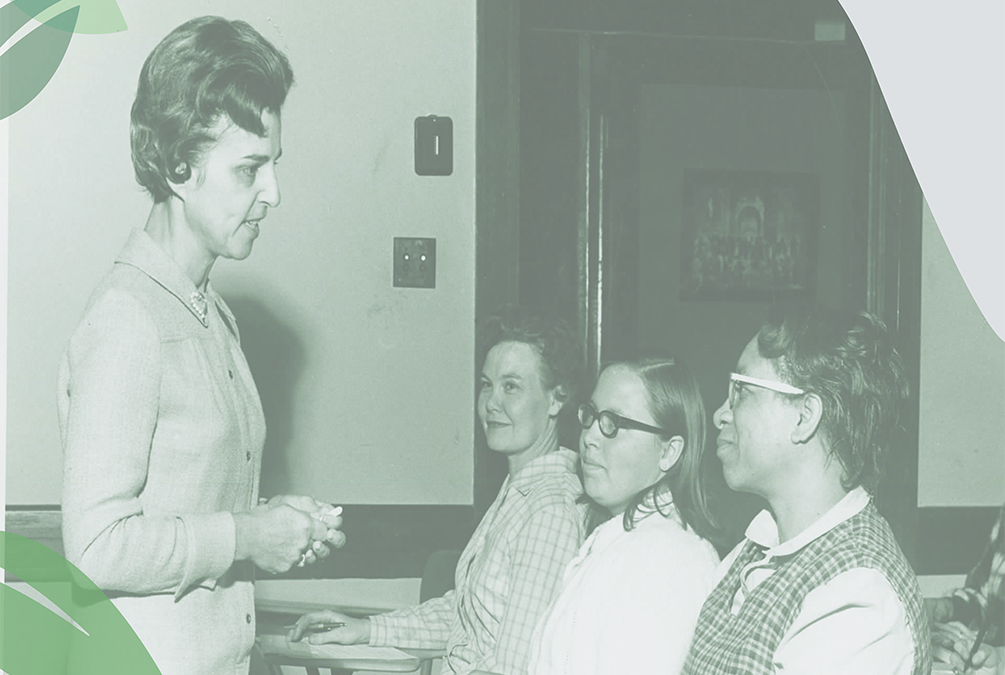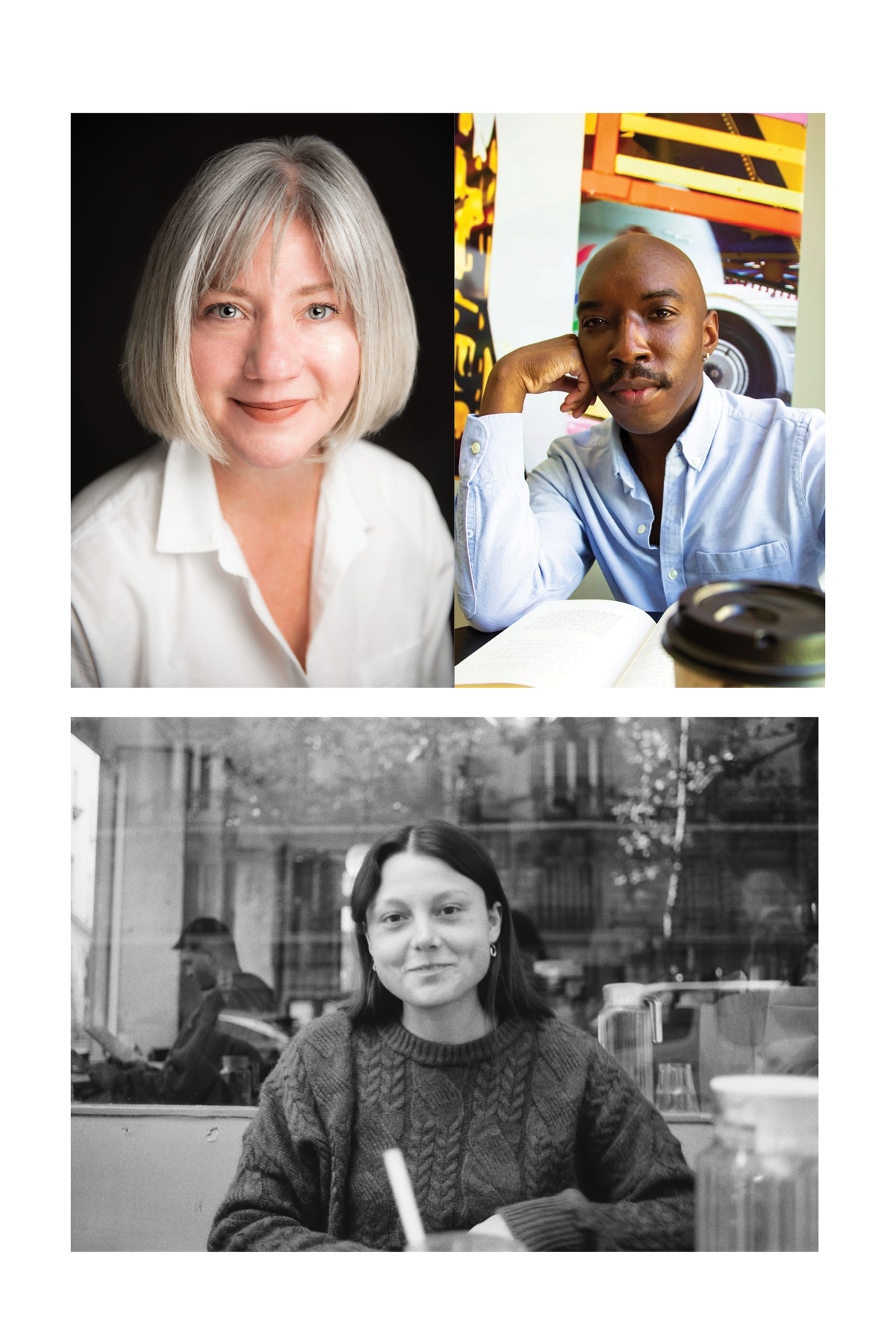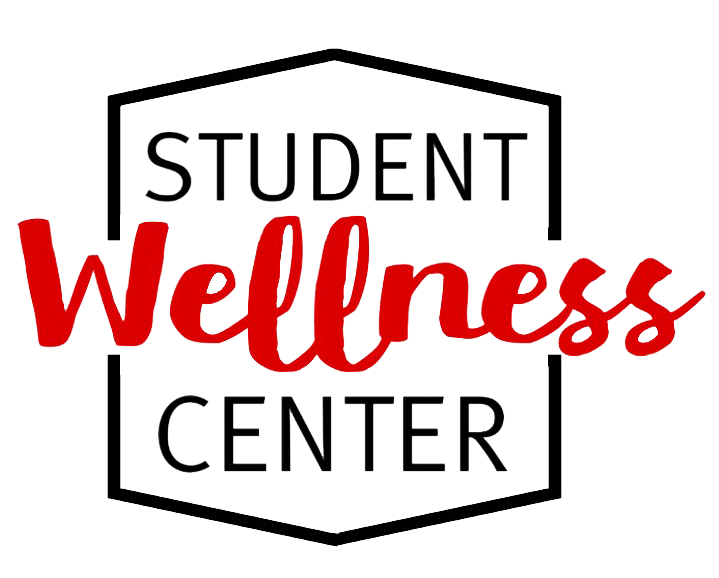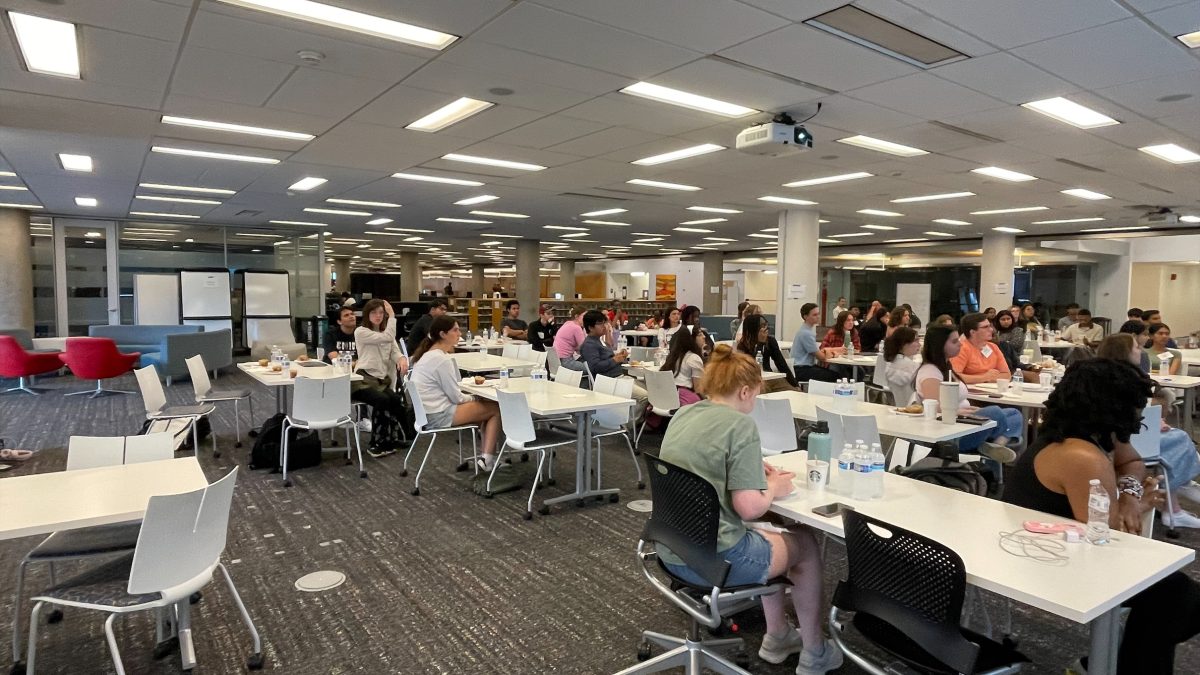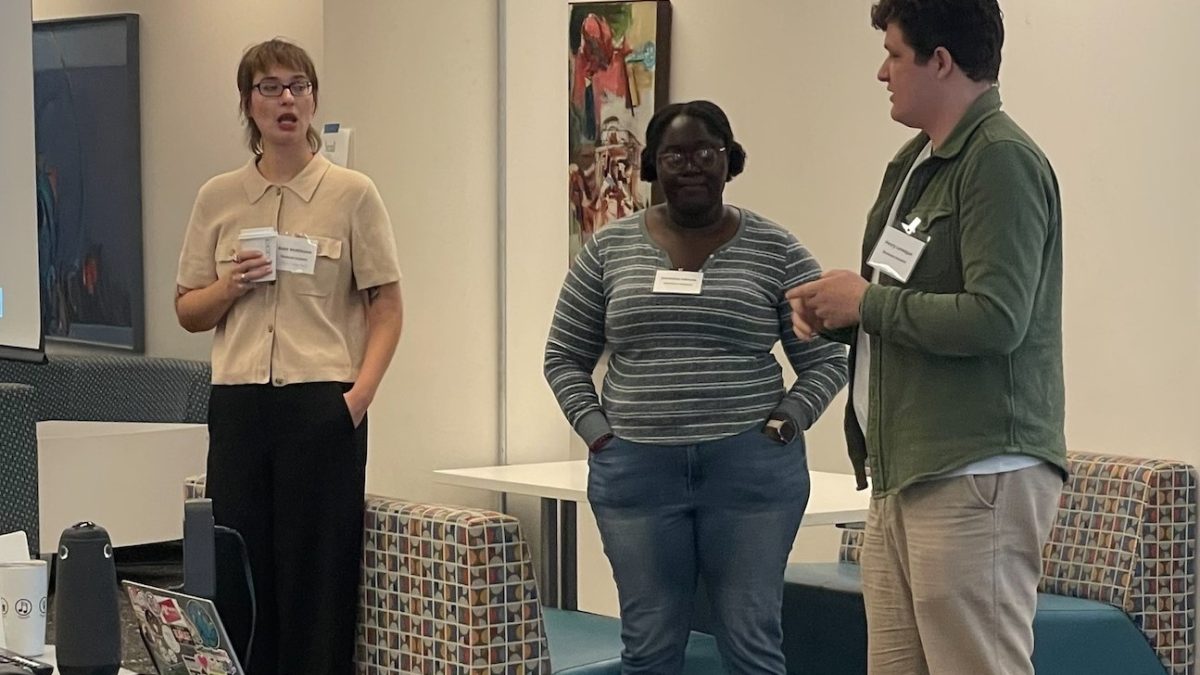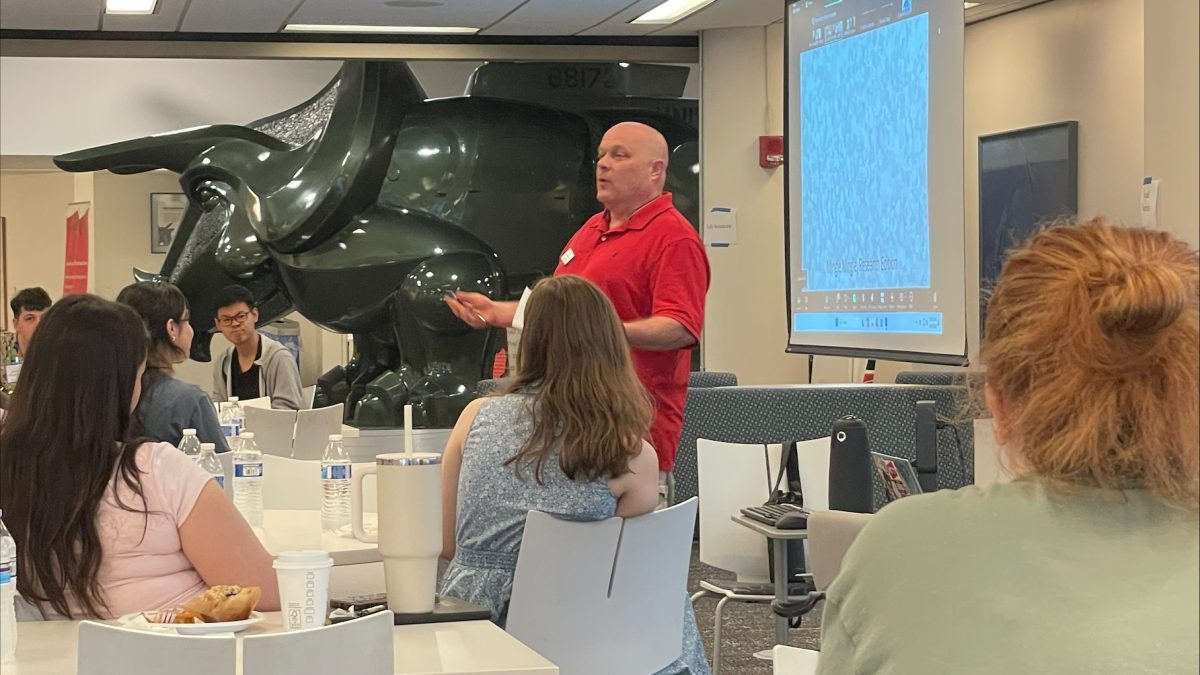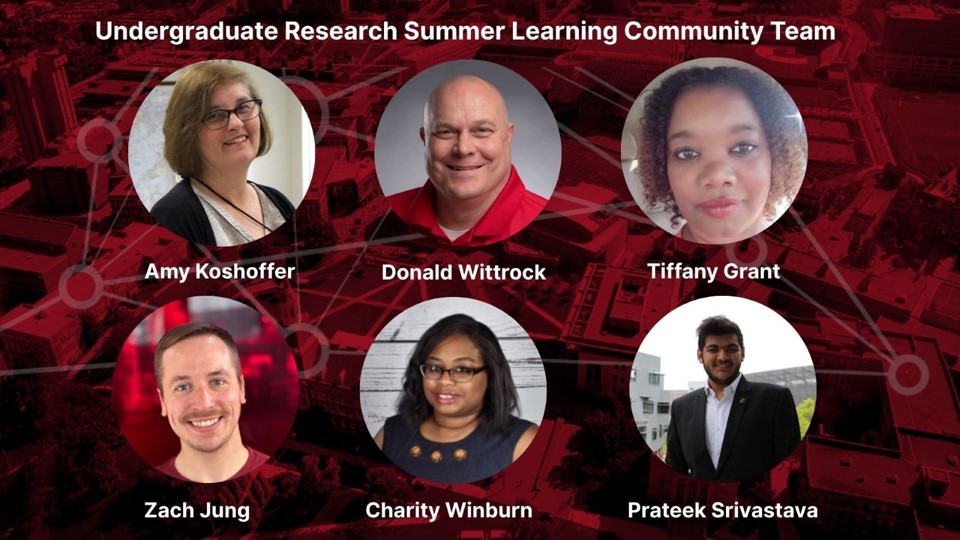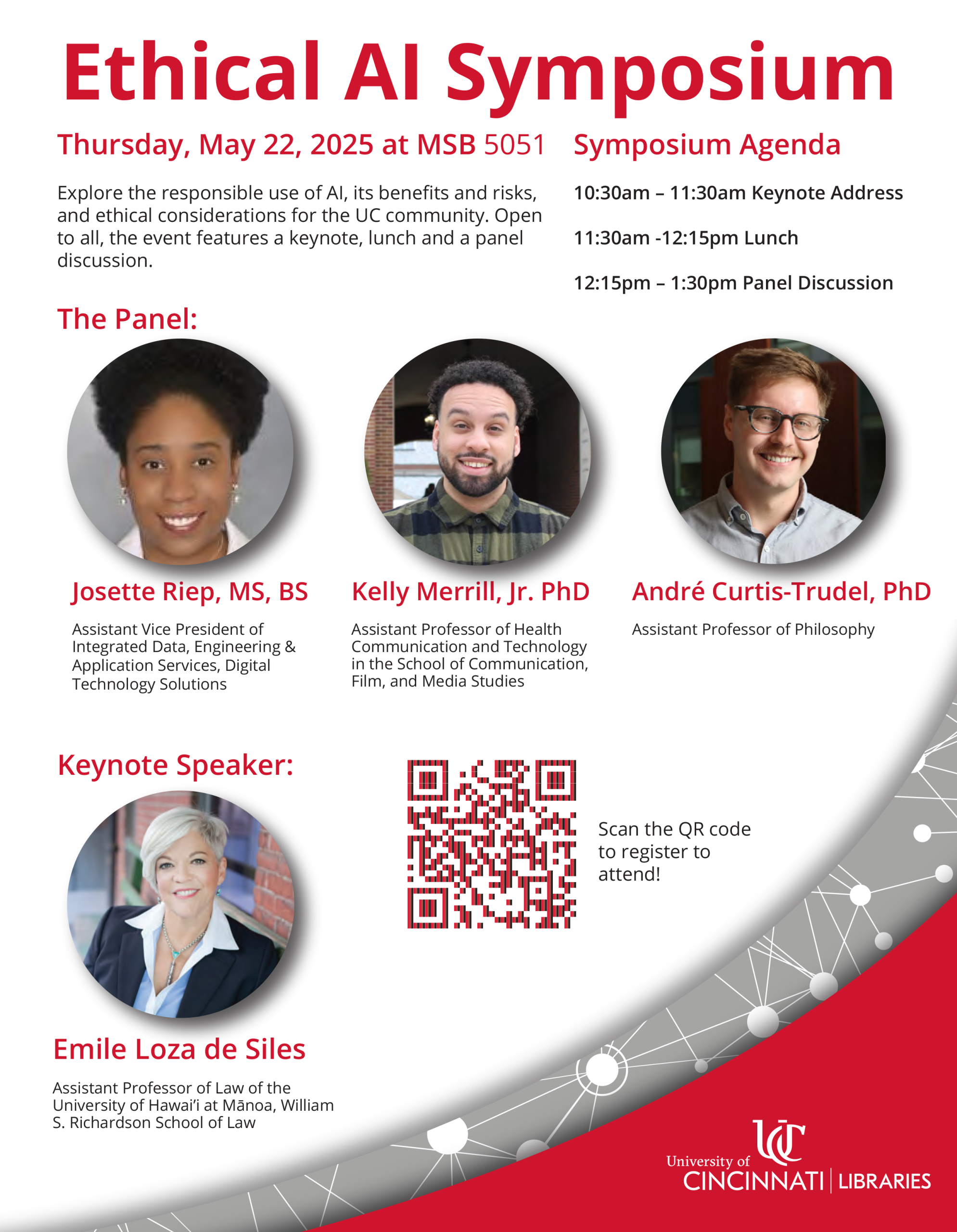The Henry R. Winkler Center for the Health Professions and the Cecil Striker Society present the Annual Cecil Striker Lecture.
The lecture, “Pharmacy Education in the Queen City: 1850-2025” presented by Dennis B. Worthen, PhD, is in celebration of the James L. Winkle College of Pharmacy’s 175th anniversary.
Tuesday, Oct. 14, 5-7pm
Kowalewski Hall Auditorium, room 140
The event is open to all. RSVP by Sept. 30. Can’t attend in person? The lecture will be streamed live via Zoom.
After the event, visit the University of Cincinnati Pharmacy Education exhibit in the Stanley J. Lucas, MD, Board Room in the UC Medical Sciences Building. The exhibit will feature images and artifacts held by the Henry R. Winkler Center for the History of the Health Professions. The exhibit will feature biographical information about Dr. Dennis B. Worthen, an 1815 downtown Cincinnati map, the Cincinnati College of Pharmacy Charter and various buildings, the Queen City College of Pharmacy, Cincinnati College of Pharmacy Students, the esteemed Dr. Joseph Kowalewski and information about the College of Pharmacy Cosmetic Science program. The images will be accompanied by pharmaceutical artifacts.
Originally formed in 1976, the Cecil Striker Society for the History of Medicine was called the Medical History Society. One month after its first meeting Dr. Striker died, prompting members to rename the organization the Cecil Striker Society. Its purpose was straightforward: to promote and perpetuate an interest in the history of medicine and all related disciplines in the health care field.
Continued support of the Winkler Center
Dennis B. and Patricia L. Worthen have generously funded an annual travel grant/scholarship (award not to exceed $5000 per year) to underwrite the expenses related to visiting and researching materials held at the University of Cincinnati’s Henry R. Winkler Center for the History of the Health Professions. Located within the Donald C. Harrison Health Sciences Library, the Center is home to over 100 archival collections including those from physicians, scientists, inventors, nurses, pharmacists and artists. Also included are histories of Cincinnati hospitals, the development of medical equipment and/or now-standard protocols, as well as letters and drawings from the Civil War.
The grant will be made to individuals whose permanent address is more than 150 miles from the University. Applicants who are graduate students, non-tenured faculty and/or independent scholars will be given first consideration.
All travel grants require a scholarly product such as a manuscript or a presentation.
Grants will be administered by a Grant Committee comprised of the Director of the Health Sciences Library, the Archivist/Curator of the Winkler Center and the donors or their proxy.
The 2025/26 call for applications will take place in the fall. Stay tuned!
